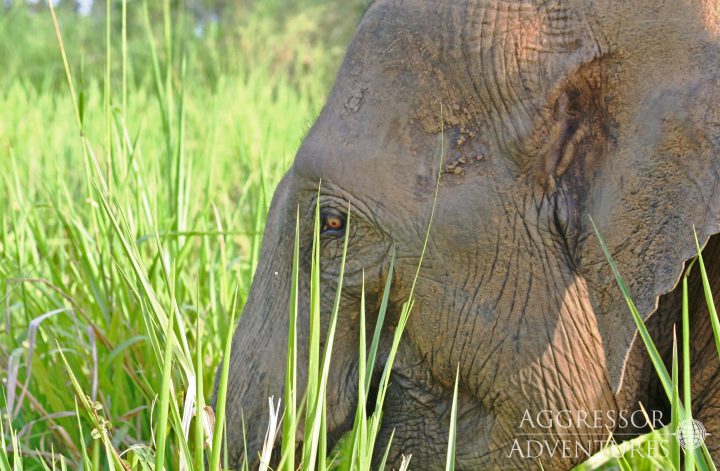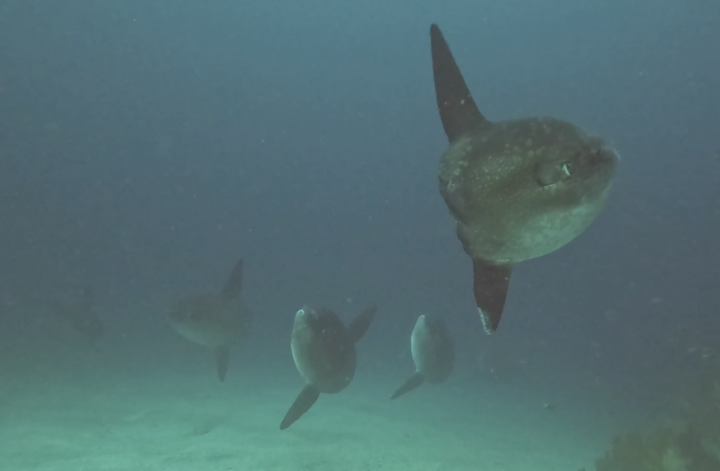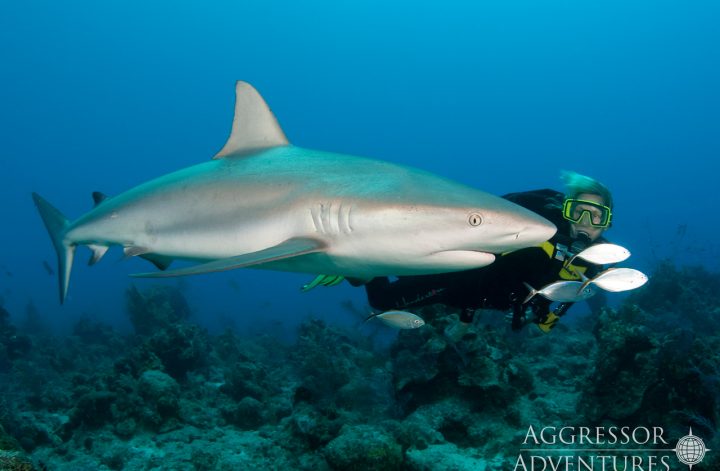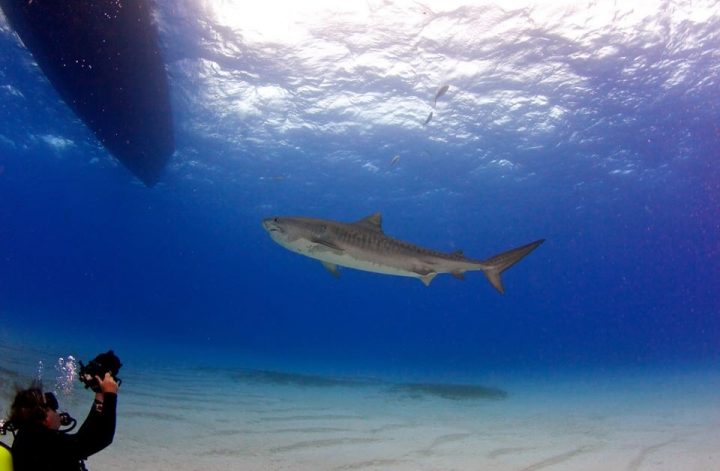August 12th, World Elephant Day, is a poignant reminder of the profound significance these majestic creatures hold in our world. Established fourteen years ago, this day aims to raise awareness about the urgent conservation issues facing elephants globally and to promote their welfare and preservation.
Elephants, revered in many cultures as symbols of wisdom, strength, and cultural heritage, have faced relentless challenges over the centuries. Historically, they have been hunted for their ivory tusks and exploited for entertainment in circuses and tourism. Habitat loss due to human encroachment and climate change has further imperiled their existence. World Elephant Day serves as a rallying cry to combat these threats through education, advocacy, and direct action. By raising awareness about the plight of elephants, the day encourages individuals, organizations, and governments to work together to enact policies that protect their habitats and ensure their survival for future generations.
In 2024, World Elephant Day holds even greater significance as the global community faces unprecedented environmental challenges. Droughts and other climatic changes are increasingly felt across elephant habitats, exacerbating the scarcity of resources and pushing elephants into closer contact with human populations. These interactions often lead to conflict, endangering both elephants and humans. The theme for World Elephant Day 2024 – “bringing the world together to help elephants” – focuses on promoting peaceful coexistence between humans and elephants, emphasizing sustainable practices that benefit both species.
What is the official conservation partner of Aggressor Adventures®, the Sea of Change Foundation doing? The Foundation raised funds to help support Sri Lanka Wildlife Conservation Society’s Project Orange Elephantthat directly address the issue of human-wildlife conflict. The project provides orange tree saplings to family farms that provide both a future cash crop while repelling foraging elephants that instinctively avoid citrus
The importance of World Elephant Day extends beyond conservation efforts; it underscores the interconnectedness of all life on our planet. Elephants play a crucial role in their ecosystems as keystone species, shaping their environments in ways that benefit numerous other species. Elephants are considered keystone species due to their significant impact on their ecosystems. Here are three examples of how they fulfill this role as keystone species:
- Seed Dispersal: Elephants play a crucial role in seed dispersal across their habitat. They consume a wide variety of fruits and vegetation, often traveling long distances. As they digest seeds, these seeds are deposited in their dung in fertile conditions, facilitating germination and growth. This process helps maintain biodiversity by dispersing seeds of many plant species that might otherwise struggle to spread effectively.
- Habitat Modification: Elephants are large and powerful animals capable of modifying their habitats. They create clearings in forests by knocking down trees, which allows sunlight to reach the forest floor. This alteration can benefit a range of other species that require open areas or increased light, thereby enhancing the diversity of plant and animal life in the ecosystem.
- Water Sources: During dry seasons, elephants use their tusks and feet to dig for water in dry riverbeds or areas with underground water sources. This digging creates small water reservoirs that other animals can use during periods of drought when surface water is scarce. By providing access to water in this way, elephants support the survival of numerous species, from insects to larger mammals, in their habitats.
By protecting elephants, we safeguard biodiversity and promote ecosystem resilience. Furthermore, elephants have a profound cultural and economic impact in many regions, attracting tourists and generating revenue that supports local communities. Preserving elephants ensures the continuity of these benefits while honoring their intrinsic value as sentient beings deserving of respect and protection.
One of the best ways to help protect elephants is to support sustainable ecotourism. For example, Aggressor Adventures’ Sri Lanka Signature Lodge that provides respectful wildlife tours including watching and enjoying wild elephants.
As we commemorate World Elephant Day 2024, let us reflect on the progress made in elephant conservation and acknowledge the work that still lies ahead. Through education, advocacy, and collective action, we can empower individuals and communities to become stewards of our natural heritage. By supporting initiatives that promote elephant welfare, combat wildlife crime, and conserve habitats, we contribute to a sustainable future where elephants and humans thrive together. Together, we can ensure that future generations inherit a world where elephants roam wild, embodying the spirit of resilience, strength, and grace that defines them.




